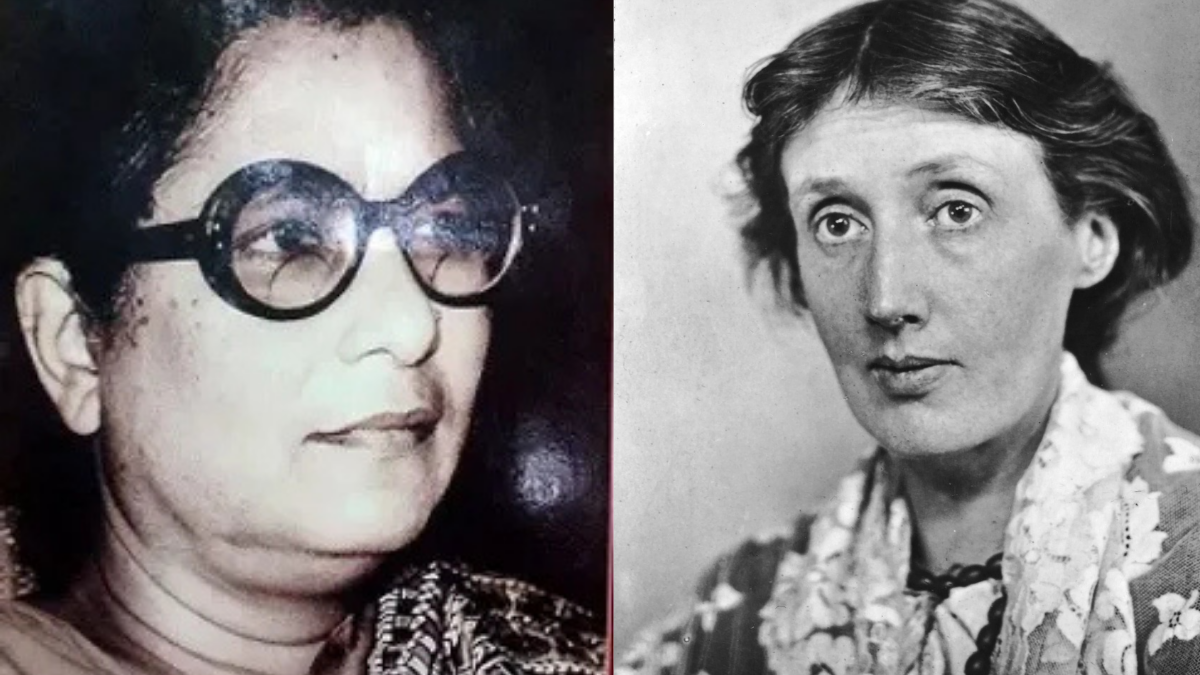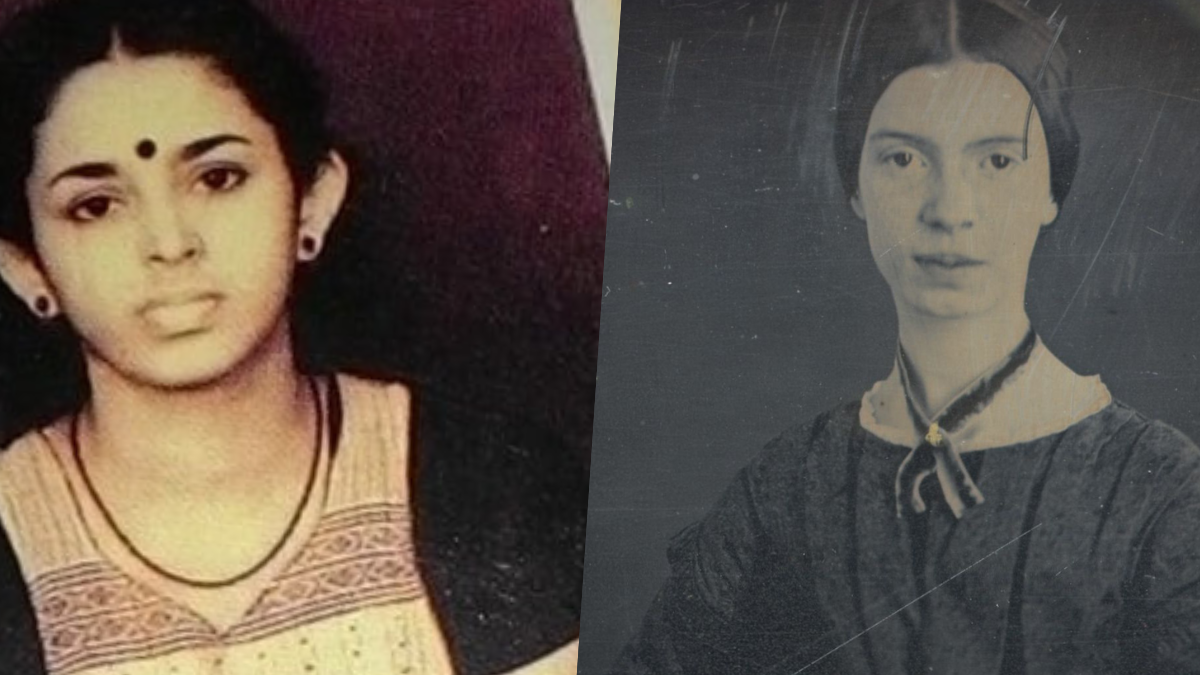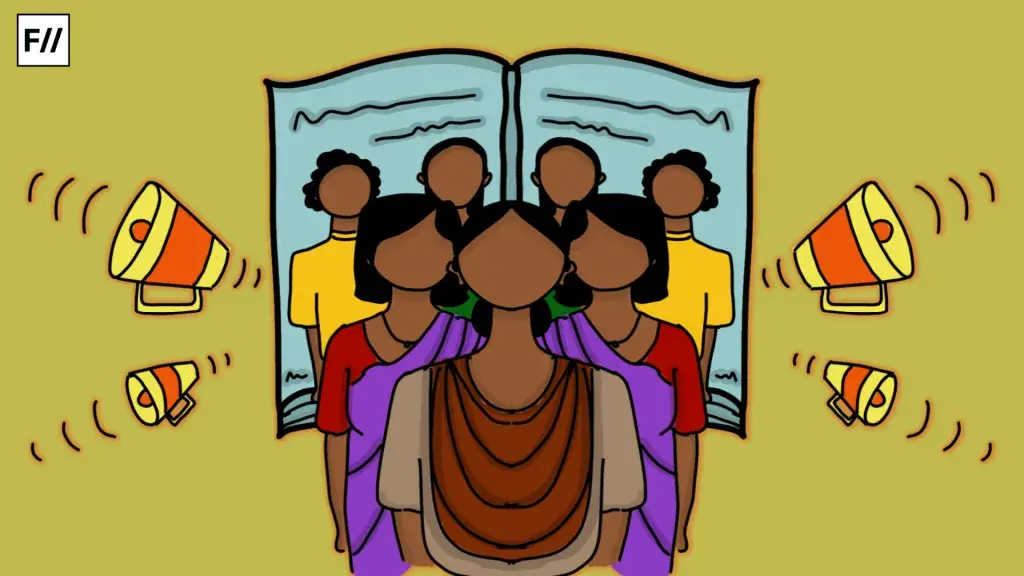After a considerable amount of build-up, courtesy school assemblies, Chhota Bheem Rakhi sales, and ‘Bhaiyya Mere Rakhi ke Bandhan ko Nibhana’ on loop on the radio, we welcome Raksha Bandhan each August, every year. Celebrating the bond between brothers and sisters, Raksha Bandhan involves the sister tying a ceremonial thread to the brother’s wrist, who in turn takes a vow to protect her.
However, it is this unilateral idea of ‘protection’ that gets increasingly questioned each year. Since time immemorial, women have been called the ‘weaker sex’, as a result of which they need to be “protected” at all times by men, be it their father, brother or husband. Ironically, in present day context, we often find women or groups of women protecting each other on the streets from all the men ogling and whistling at them.

With this idea of protection comes an unwarranted sense of entitlement over women’s bodies, which also ends up serving as the breeding ground of toxic masculinity. Often it is the men of the family, who dictate where the women can or cannot go, with whom they can or cannot interact, what they can or cannot wear, and many such. An understanding that differentiates between protection and ownership is required for a loving and caring bond between siblings instead of an almost proprietor-property relationship.
An understanding that differentiates between protection and ownership is required for a loving and caring bond between siblings instead of an almost proprietor-property relationship.
This idea of ‘brotherly protection’ also reinforces a very common question asked during conversations about rape and sexual assault, i.e. “would you rape your sister?”. In my opinion, this question does more harm than good. It justifies sexual assault on anyone as long as the victim is not your sister.
By this logic, raping your sister is incorrect because the brother is supposed to be the ‘protector’; not because sexual assault is an inherently barbaric thing to do. A two-way protection street would only strengthen sibling bonds and make the relationship healthier. Gift exchanges could go both ways instead of appearing as a way to pacify sisters, who for one day, might demand that they too should get the right to protect their brothers.
Also read: How I Celebrate A Feminist Rakhi
Most cultures of the world have patriarchal foundations, and Raksha Bandhan is not immune to it. Numerous conservatives are apprehensive to the idea of the evolution of their culture, one that would help keep up with an equality and inclusivity-based global need. However, any criticisms of certain traditions that could try and be a little less problematic is seen by them as “a liberal agenda to westernise India, dismiss and disrespect Indian culture, traditions and history”.
In an increasingly hyper-nationalistic environment that can be seen globally—be it the US under Trump, the UK under a nearly-certain Boris Johnson government, Brazil under Jair Bolsonaro, or India under its second Modi government—any call for improvements of certain problematic traditions is viewed with the same level of disgust as treason during the World Wars.
Festivals are opportunities to bring families together and mark joyous occasions. However, a little digging into the origins of these very traditions would bring to light their unsettling, archaic and problematic roots.
For long, the upper-class, straight, white man (or closer home, the upper-caste, upper-class, straight, Hindu man) has reaped benefits from a set of traditions and rituals that have put women on the back foot, and painted them as dainty, delicate humans who always require their entourage of ‘saviours’, for if they ever find themselves in a ‘damsel in distress’-like situation. Such beliefs have been so strongly and deeply rooted in our internalised misogynistic mindsets that even a slight suggestion that this narrative of ‘protection’ could be bilateral and go both ways, thereby balancing some of the skewed benefits that rituals give to their followers is considered blasphemous.
If Raksha Bandhan is so fixated on the idea that it strengthens sibling bonds, then instead of wielding around their phallic sceptre and dictating the women in their lives about what they ‘can’ or ‘can not’ do, brothers should stand up as feminist allies and support their sisters in fighting against those aspects of our culture that make them disadvantaged. So the next time, when your sister suggests that you too tie her a rakhi, and that she too would like to take a vow to protect you, support her instead of feeling threatened.
Also read: The Undue Outrage On AIB’s Take On Raksha Bandhan
Demanding a certain evolution in our ritualistic practices in order to make them more inclusive is, in no way, the same as calling for a boycott or cancelling the entire culture and shaming its followers. Festivals are opportunities to bring families together and mark joyous occasions. However, a little digging into the origins of these very traditions would bring to light their unsettling, archaic and problematic roots. The solution, however, is not a condescending dismissal of the entire occasion, or those who partake in it. Instead, try and modify these traditions in a way that they keep up with the current time and age that they are more equitable and respectful to all.
Featured Image Source: Winni
About the author(s)
Kavya is a student from Gurgaon, trying to study Economics and Sociology, but ends up spending all her time re-watching The Office. She is tiny and rolls her big eyes on those who say "i SuPpOrT wOmEn'S rIgHtS bUt NoT fEmInIsM".





Dear Kavya, It will help if you study the history and meaning behind the Rakhi Festival… You are smart so am sure you know that the Rakhi was meant for Protection of men going to wars/battles. The Priests, Wives, or sisters used to tie the Rakhi on hands of men to protect them from harm. The concept of Protection of Sister was hijacked by the neo (fake) liberals and bollywood…
Hi kavya,
I wrote on very similar line today. I new to writing and you can have a look on this.
(https://pandeyckr.wordpress.com/2019/08/16/76/)
You don’t have to kill traditions that enhance emotional bonds. You need to empower girls with self defence and teach the damned parents to stop differentiating siblings on the basis of gender. The guys need to be dealt more strictly than imposing restrictions on girls. Arundhati knows only to crib.
Uninformed Article. Even men tie Rakhi to other men.How do you explain that? This simple fact demolishes your whole arm-chair theory .Remember , Raksha Bandhan is not a Brother-Sister festival.
Rakhi is the pure bonding between sisters and brothers.It is the festival which celebrates the unconditional love among all brothers and sisters all over the world”””